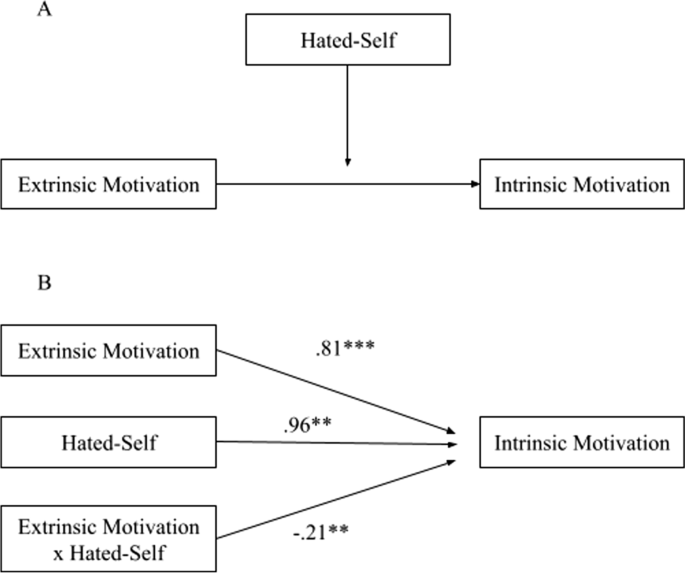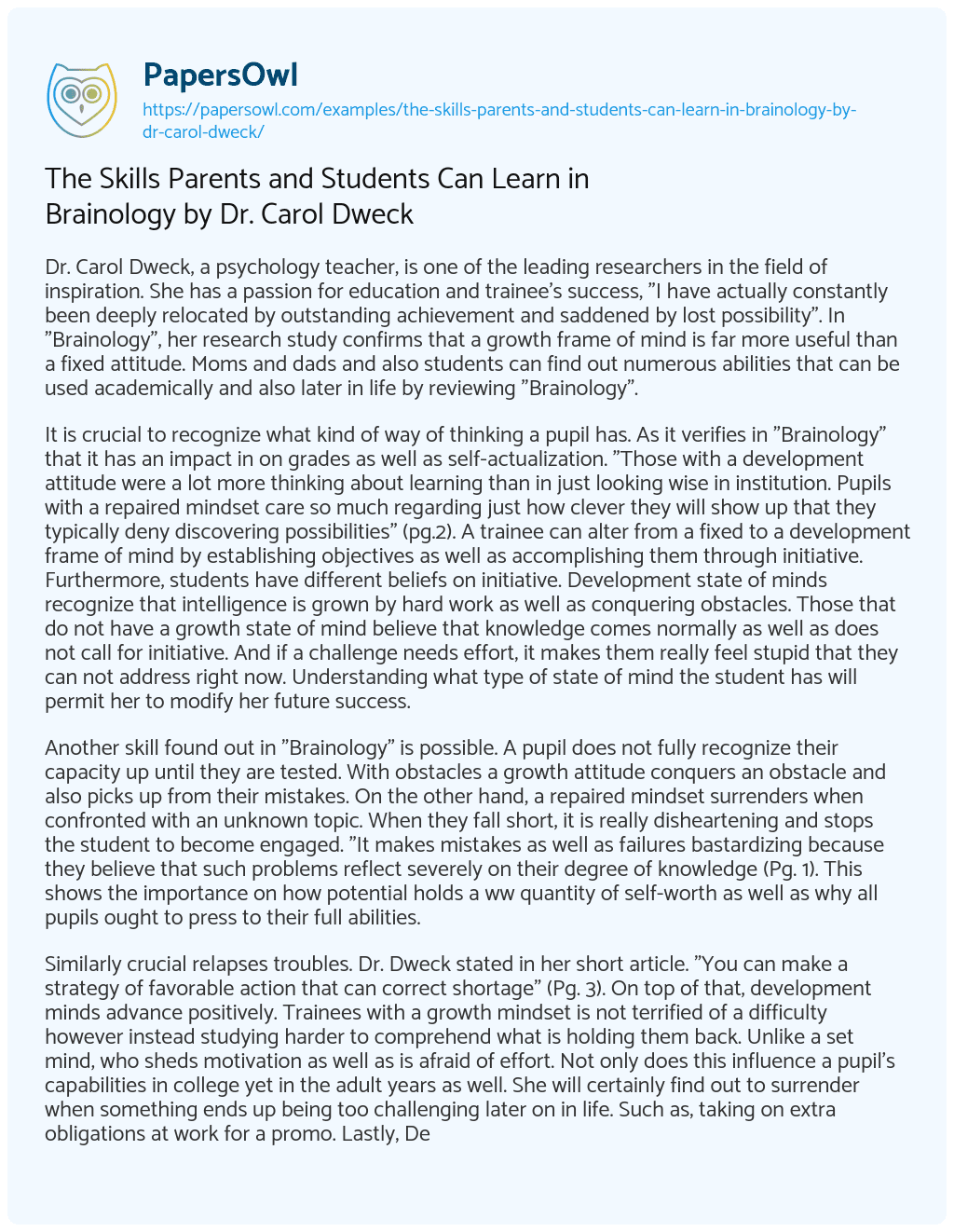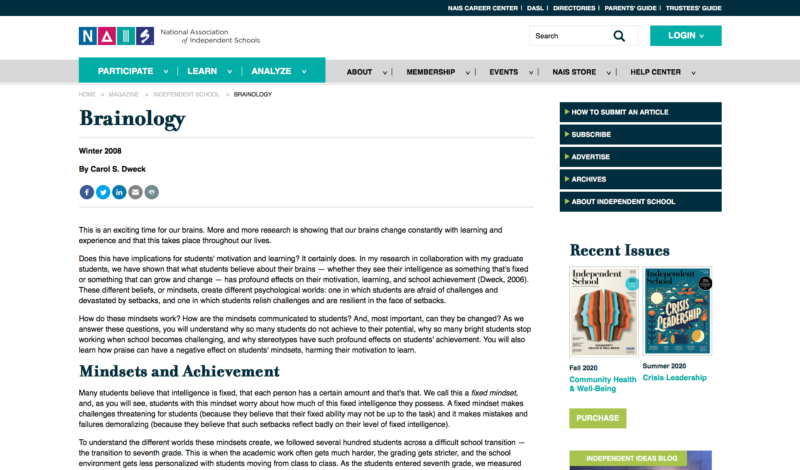Brainology is a program designed to transform students' motivation to learn by helping them understand the science behind how the brain works and how to optimize their own learning. The program is based on the idea that students are more motivated to learn when they understand the purpose and value of what they are learning, and when they believe that they have the ability to succeed.
One of the key components of Brainology is its focus on the concept of a "growth mindset." This refers to the belief that intelligence and abilities are not fixed traits, but rather can be developed and improved through effort and learning. By teaching students about the science behind the growth mindset, Brainology helps students understand that they have the power to shape their own intelligence and abilities through the choices they make and the effort they put in. This can be a powerful motivator for students who may have previously believed that their intelligence or abilities were fixed and unchangeable.
Another important aspect of Brainology is its emphasis on the importance of effort and practice in learning and success. Rather than focusing on grades or grades as the primary measure of success, Brainology encourages students to embrace the idea that learning is a process and that effort is a key component of that process. This can help students understand that they have the power to influence their own learning and that they can make progress even if they don't initially excel at a task.
In addition to its focus on the growth mindset and the importance of effort, Brainology also helps students develop strategies for learning and studying effectively. This can include techniques like setting goals, creating a study schedule, and breaking large tasks into smaller, more manageable chunks. By helping students develop these skills, Brainology can help them feel more in control of their learning and more motivated to put in the effort necessary to succeed.
Overall, Brainology is a powerful tool for transforming students' motivation to learn by helping them understand the science behind how the brain works and how to optimize their own learning. By emphasizing the growth mindset, the importance of effort, and effective learning strategies, Brainology can help students feel more confident in their ability to learn and succeed, which can in turn drive their motivation to put in the effort needed to achieve their goals.
Brainology: Transforming Students' Motivation to Learn

The paper will look at what motivates students to learn and how values such as grit affect the attitude and mindset of students which will help them set and achieve their short and long-term goals in life. The arguments that the authors give apply to both the students and the life of other people. In fact, in many of our studies with students from preschool age to college age, we find that students with a fixed mindset care so much about how smart they will appear that they often reject learning opportunities -- even ones that are critical to their success Cimpian, et al. In contrast, students with a growth mindset learn by facing obstacles and are motivated to learn. As a result, confronting challenges, profiting from mistakes, and persevering in the face of setbacks become ways of getting smarter. This story should not be longer than a paragraph in your final draft, though. Lessons we learn through solving problems will help us obtain essential skills that we can apply in life.
Dweck's Brainology: Transforming Students Motivation To Learn

Although they feel smart, they hide their mistakes when problems are incorrect. Growth mind-set does focus on the effort a student puts into an assignment. And, most important, can they be changed? Finally, the children who were praised for their intelligence lied about their scores more often than the children who were praised for their effort. They reported that these students were now far more engaged with their schoolwork and were putting considerably more effort into their classroom learning, homework, and studying. Dweck, she explains the two types of mindsets students have.
Brainology

You may, of course, use the essays by Dweck and Tyler in your paper, but you must also use at least one other source in your essay besides the readings listed above. Having a fixed mindset means that you believe that you and others only have a certain amount of intelligence. I have applied the concept in different situations in life and from the mistakes I have been making, I have grown to be more knowledgeable and understand how to tackle setbacks that I experience every day. The ability that something needs to be proven or developed falls in to play. In this way, the author presents her work as an understandable and beneficial source of information for people in different position in the educational system and, consequently, provide her ideas to the whole system. Another way is through teaching students how to set smart goals.
Brainology Transforming Students' Motivation to Learn

Analysis Of Carol Dweck's Brainology It was not until I read Carol S. Those who are gritty will set their long-term goal, preserver while staying committed to achieving their goals in life which will take place after some years. Certainly, by thoughts of wanting challenges, being praised by others, and avoiding bad relationships. A fixed mindset makes challenges threatening for students because they believe that their fixed ability may not be up to the task and it makes mistakes and failures demoralizing because they believe that such setbacks reflect badly on their level of fixed intelligence. The first thing we found was that students with different mindsets cared about different things in school.
Brainology: Transforming Student's Motivation to Learn

As the students entered seventh grade, we measured their mindsets along with a number of. The growth mindset, while not denying that performance differences might exist, portrays abilities as acquirable and sends a particularly encouraging message to students who have been negatively stereotyped -- one that they respond to with renewed motivation and engagement. Based on new psychological studies about mindsets, there are two categories of mindsets, Fixed Mindsets and Growth Mindsets. The Pact: Three Young Men Make a Promise and Fulfill a Dream. This is when the academic work often gets much harder, the grading gets stricter, and the school environment gets less personalized with students moving from class to class.





